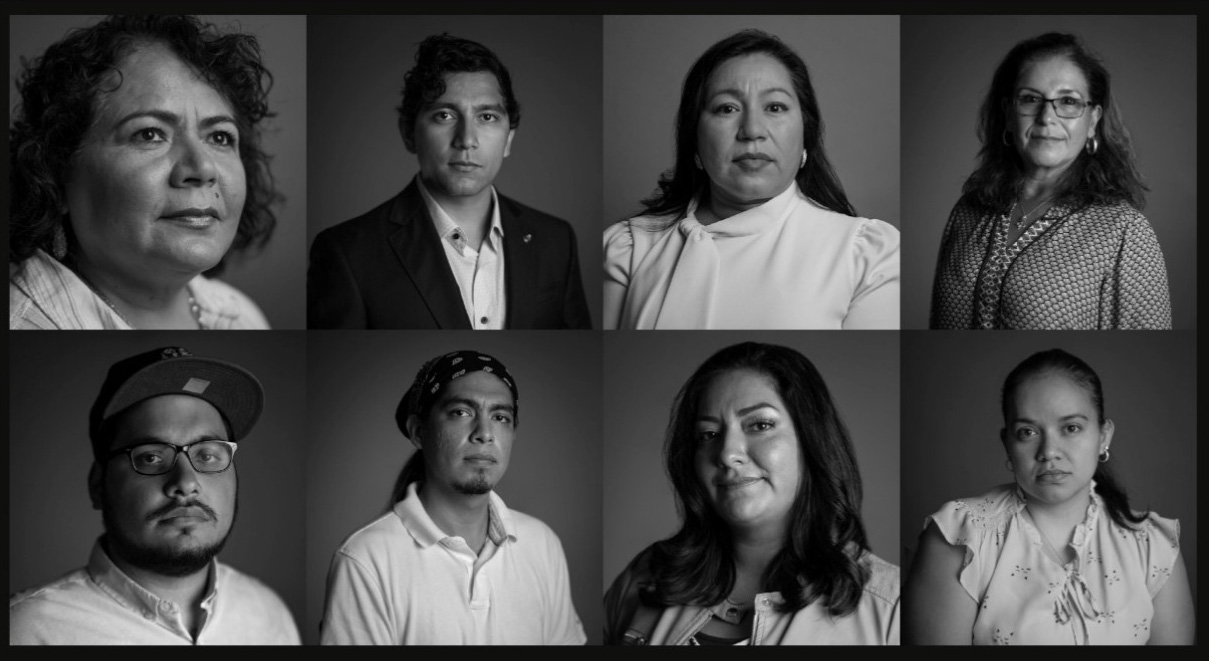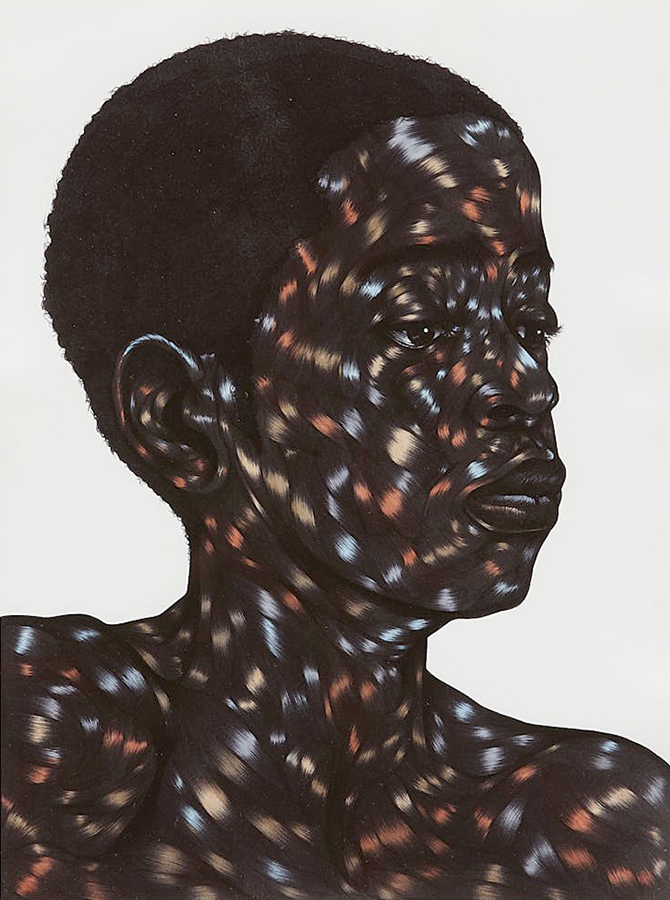This is the first of two posts engaging with “To Change the World: The Irony, Tragedy, and Possibility of Christianity in the Late Modern World.” We will publish Ben McNutt’s more critical engagement next week.
I just got home from a stimulating faculty discussion of James Davison Hunter’s new book, “To Change The World.” This is not the first time that members of Hope’s faculty have come together to discuss a book. But it is the first time that we were so intrigued by a book’s implications for our own institutional mission that we convened an extra session and invited the academic leadership of our college to think through what the work means for our life together.
What is so intriguing about Hunter’s perspective that it persuaded Jamie Smith of Calvin College to hope it will replace “Christ and Culture” as the go-to book for thinking about Christian engagement with culture?
As a sociologist, Hunter offers keen insight into the nature of culture. He argues that culture does not actually work the way many Christians think. Culture is not simply shaped by the hearts and minds of individuals, so that if we just get enough sincere, hard-working, thoughtful, and faithful Christians working together we can change that culture for the better. Many Christians fail to acknowledge the important role of institutions, networks, and elites in cultural change.
On a more significant level, Hunter questions whether changing the culture ought to be the goal of Christians at all. Hunter offers “faithful presence” as an alternative mode of engagement to that of “changing the world.”
Hunter notes that politics has come to frame the way our culture engages with every area of civic life. This makes it difficult to address common issues in non-politicized ways. This helps to explain why those who want to engage cultural issues within both the Christian right and the Christian left have turned to politics. Hunter also argues that the “neo-Anabaptist” approach to culture, by using the framework of politics to articulate its engagement with the world (e.g., the “politics of Jesus”), also reinforces the politicization of our culture.
Hunter calls Christians to step back from politics, at least for a little while, until they can learn to more faithfully and biblically engage with power. He suggests that Christians invest their considerable energies in creatively and faithfully engaging the world through art, education, business, concern for the environment, and care for the impoverished and sick, so that whatever their calling and sphere of influence, they work to create conditions in the structures of our cultural life that enable the flourishing of all.
The church plays a significant role in Hunter’s vision. We need the church to form its members deeply in faith and discipleship, guided by a vision of shalom and aware of the antithesis between the goodness of creation and culture-making and the implications of the fall for our cultural time. The church needs leaders who can shape communities that form disciples who are so nurtured in the practices of faith and the narratives of Scripture that they can be sent out to all areas of social life. These disciples are then called to exercise their leadership in pursuit of the welfare of the larger city and the well-being of all who live in its midst.
The image that best encapsulates this vision seems to me to be that good old biblical vision of a tree. Trees take in carbon dioxide and in return offer oxygen that enables not just their own kind but all of us to breathe. The deeper and more intertwined their roots, the more firmly they can withstand the storms around them. They are not marked by quick growth but instead grow slowly and surely. They require healthy nutrients of sunlight and water to enhance the air that we all breathe and enable other forms of life to flourish.
May our churches provide such nutrients to us, so that we may slowly grow deep roots and be intertwined with others in the community of faith, to be faithfully present and offer life-giving air to the people and the structures of our time.
Kristen Deede Johnson is an Assistant Professor and Director of the Studies in Ministry Minor at Hope College, Holland, Michigan. She was the research assistant to James Davison Hunter at the Institute for Advanced Studies in Culture, University of Virginia from 1998-2000.





